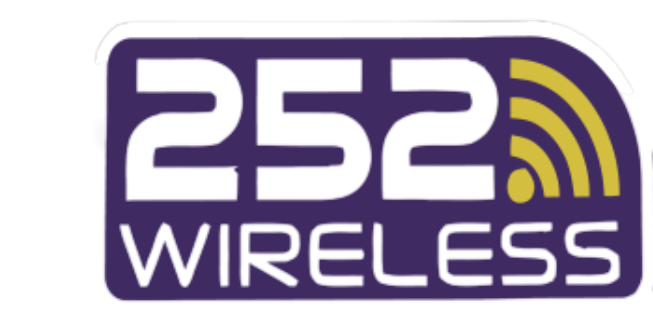Introduction:
Alec Cabacungan and Kaleb-Wolf De Melo Torres are well-known faces from the Shriners Hospitals for Children commercials. Their appearances have raised awareness and funds for the hospital but many people wonder if they get paid for their work. This article delves into whether Alec and Kaleb receive compensation for their commercials and provides detailed insights based on information from top US sites.
Who Are Alec and Kaleb?
Alec Cabacungan:
Alec Cabacungan has been a Shriners Hospitals for Children patient since he was two months old. Born with osteogenesis imperfecta a condition that causes brittle bones Alec has broken more than 60 bones in his lifetime. Despite these challenges he has become a spokesperson for Shriners appearing in numerous commercials and public events.
Kaleb-Wolf De Melo Torres:
Kaleb-Wolf De Melo Torres, like Alec has osteogenesis imperfecta. He has been a patient at Shriners since he was one week old and has undergone multiple surgeries. Kaleb’s cheerful demeanor and resilience have made him a beloved figure in Shriners’ advertising campaigns.
Do Alec and Kaleb Get Paid for Commercials?
The short answer is yes. Alec and Kaleb do get paid for their commercial appearances. Their compensation is similar to other actors and spokespersons in the advertising industry.
Compensation Details:
While the exact figures are not publicly disclosed, it is known that Alec and Kaleb receive payment for their work. This compensation helps support their endeavors and acknowledges their contributions to the hospital’s fundraising efforts.
The Impact of Their Work:
Raising Awareness:
Alec and Kaleb’s commercials have significantly raised awareness about Shriners Hospitals for Children. Their stories resonate with viewers highlighting the hospital’s mission to provide specialized care for children with complex medical needs.
Fundraising Success:
The commercials featuring Alec and Kaleb have been instrumental in raising millions of dollars for Shriners Hospitals. Their genuine and heartfelt messages encourage donations, crucial for the hospital’s operations and patient care.
Frequently Asked Questions (FAQs)
How Did Alec and Kaleb Become Spokespersons for Shriners?
Alec and Kaleb became spokespersons for Shriners Hospitals due to their long-term association and compelling personal stories. Their resilience and positive attitudes made them ideal representatives for the hospital’s mission.
What Conditions Do Alec and Kaleb Have?
Alec and Kaleb have osteogenesis imperfecta, a genetic disorder characterized by fragile bones that break easily. Despite their condition they lead active lives and inspire others with determination.
How Much Do Alec and Kaleb Get Paid?
The amount Alec and Kaleb pay for their commercials is not publicly disclosed. However, it is known that they receive compensation similar to other actors and spokespersons in the advertising industry.
What Other Work Do Alec and Kaleb Do?
In addition to their work with Shriners, Alec and Kaleb have appeared in commercials for major brands like Nike Pepsi and McDonald’s. Their popularity and influence extend beyond their roles as hospital spokesmen.
How Can I Support Shriners Hospitals for Children?
You can support Shriners Hospitals by donating, volunteering or spreading awareness about their mission. Donations help fund medical care research and other essential services for needy children.
Conclusion:
Alec Cabacungan and Kaleb-Wolf De Melo Torres are more than faces in commercials; they are symbols of hope and resilience. Their work with Shriners Hospitals for Children has raised awareness and funds and inspired countless individuals. Yes they get paid for their commercials and their contributions are invaluable to the hospital’s mission.





